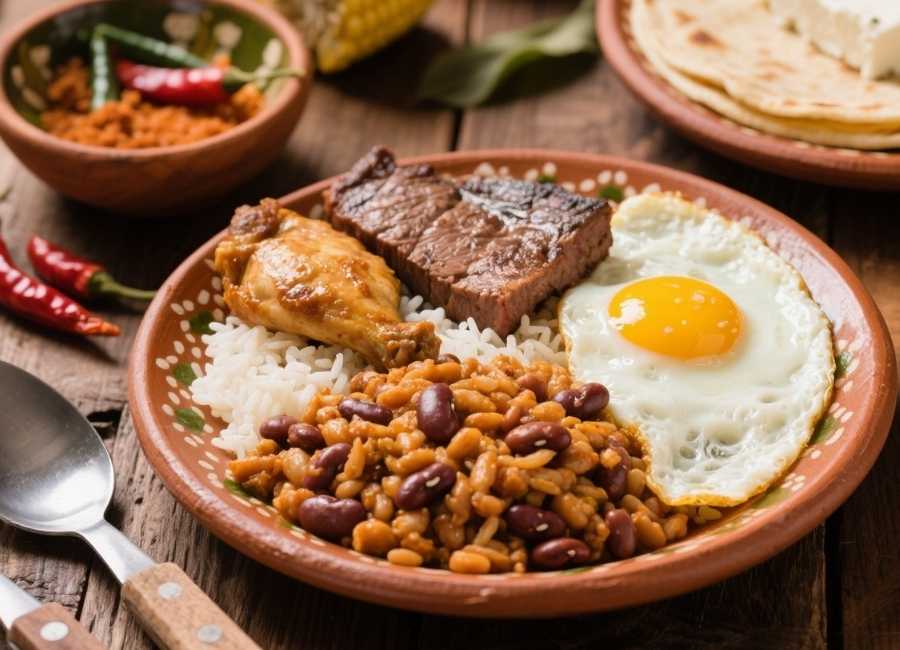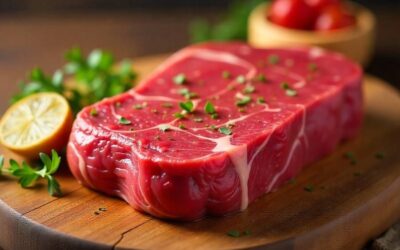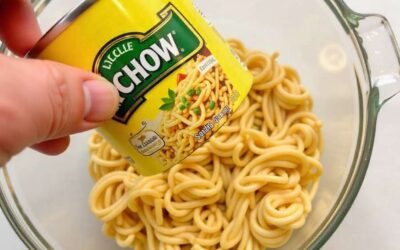Chickens are fascinating creatures with diverse dietary needs, and as a poultry owner, you’re always on the lookout for safe and nutritious treats to offer your flock. One common question arises among chicken keepers is, “Can chickens eat rice?” Whether you’re an experienced farmer or new to raising chickens, understanding their nutritional requirements and the potential benefits (or risks) of feeding rice is essential.
This blog explores the ins and outs of feeding rice to chickens, covering areas like its nutritional value, how to properly prepare it, and any risks you should keep in mind. By the end, you’ll know whether rice is a suitable addition to your chickens’ diet and how to incorporate it responsibly.
Can Chickens Eat Rice

The short answer is yes, chickens can eat rice. Rice, when properly prepared and served in moderation, can be a safe snack for your flock. Whether cooked or uncooked, rice provides a source of carbohydrates and energy, which can be beneficial for chickens. However, as with any treat, it should be considered a supplementary food rather than a primary component of their diet.
But before tossing rice into your coop, it’s crucial to understand how to feed it safely and the potential benefits and risks involved.
Benefits of Feeding Rice to Chickens
Rice can serve as a nutritious addition to your chickens’ diet when offered as an occasional treat. Here’s how it can benefit your flock:
Energy Boost
Rice is a carbohydrate-rich food, providing your chickens with a quick energy source. During colder months or periods of increased activity, a small amount of rice can help maintain their energy levels.

Easy to Digest
Chickens can easily digest rice, especially when it’s cooked. Cooked rice softens the grain, making it more palatable and easier for chickens to eat.
Encourages Natural Foraging Behavior
Scattering rice in your chicken pen can encourage natural foraging behavior. This can be an excellent way to keep your flock entertained and mentally stimulated.
Budget-Friendly Treat
If you have leftover rice at home, it can be a cost-effective way to provide your chickens with a nutritious snack without waste.
What Types of Rice Can Chickens Eat
Not all rice is created equal, and some options are better for your chickens than others. Here’s a look at the types of rice you can safely feed your flock:
Cooked Rice
Cooked rice is the safest and most recommended option for chickens. It’s soft, easy to digest, and less likely to cause any digestive issues. Both white rice and brown rice are acceptable, but brown rice is a more nutritious option due to its higher fiber and nutrient content.

Uncooked Rice
Contrary to popular myths, uncooked rice does not pose any significant risk to chickens. While some people believe uncooked rice can expand in a chicken’s stomach and cause harm, this is simply not true. Chickens have strong digestive systems that easily process uncooked rice. However, it’s still a good idea to serve uncooked rice in moderation.
Wild Rice and Other Varieties
Wild rice and more exotic rice varieties are also safe for chickens. These often have higher nutritional value than standard white rice, making them an excellent choice if available.
Pro Tip: Always ensure the rice is plain, without added seasonings, oil, or butter, as these can harm chickens.
Risks of Feeding Rice to Chickens
While rice can make a healthy treat, there are some potential risks to be aware of when feeding it to your chickens:
Imbalanced Diet
Rice lacks essential vitamins, minerals, and proteins that chickens need for optimal health. Feeding too much rice could lead to nutritional imbalances if it replaces their staple diet, which should primarily consist of high-quality poultry feed.
Overfeeding and Obesity
Too much rice, like any treat, can lead to overfeeding and obesity. An overweight chicken is more prone to health issues, including joint problems and egg-laying complications.
Contamination Concerns
If rice has been sitting out or is leftover from your meals, it’s crucial to ensure it hasn’t gone bad or been contaminated with harmful substances. Spoiled food or food containing mold can be toxic to your flock.
Choking Hazard
Uncooked rice can potentially pose a choking hazard for younger chickens or chicks. Always serve appropriate portion sizes and monitor your flock when introducing new treats.
How to Feed Rice to Your Chickens

Now that you know rice is safe for chickens, here’s how to properly prepare and serve it to your feathered friends:
Step 1. Cook Plain Rice
If offering cooked rice, boil it plain without adding any seasonings, butter, or oils. While these ingredients might make rice appealing to us, they can be harmful to chickens.
Step 2. Portion Control
Offer rice in small amounts. A handful of rice is sufficient for a small flock. Rice should be a treat, making up no more than 10% of your chickens’ overall diet.
Step 3. Scatter or Serve in a Dish
You can scatter the rice across the chicken run to encourage foraging behavior or serve it in a shallow dish.
Step 4. Monitor Your Flock
Watch your chickens as they eat the rice to ensure there are no issues, especially if it’s their first time trying it. Remove any uneaten rice after a few hours to prevent spoilage.
Alternative Treats for Chickens
While rice is a safe treat, variety is key to maintaining your chickens’ health and happiness. Consider offering these additional treats:
- Vegetables: Carrots, leafy greens, and pumpkins are excellent choices.
- Fruits: Apples (without seeds), berries, and watermelon are favorites among chickens.
- Grains: Oats, quinoa, and barley can provide added nutrition.
Always research any new food before offering it to ensure it’s safe for chickens.
Final Thoughts on Feeding Rice to Chickens
Rice can be a tasty and nutritious snack for your chickens when served responsibly. It’s an excellent source of energy, easy to prepare, and a great way to add variety to their diet. However, always remember that treats like rice should only supplement a balanced poultry feed that offers the essential nutrients your flock needs to thrive.
If you’re looking for more tips on raising happy, healthy chickens, feel free to explore our other guides. And don’t forget to share your experiences with feeding rice to your flock in the comments below—we’d love to hear from you!



















